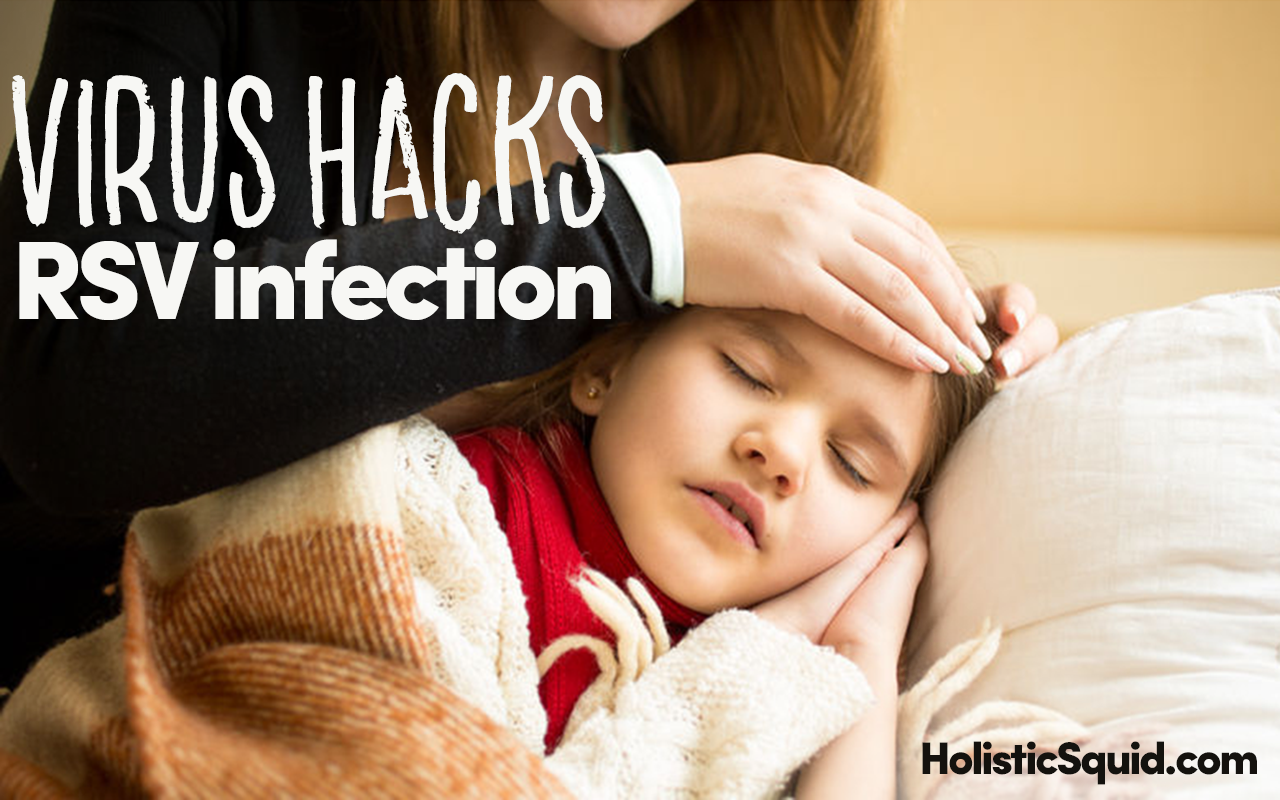
Sometimes kids catch weird germs. From hand foot and mouth to scabies, parents find themselves perplexed by the symptoms, worried by the diagnosis, and at a loss for what to do.
Respiratory Syncytial Virus or RSV infection is an illness of the lungs and breathing passages. It's a major cause of respiratory illness in school-aged children and is most commonly spread during the school season (autumn through spring).
Also known as:
Palivizumab; Respiratory syncytial virus immune globulin.
What are the symptoms of RSV Infection?
Fever, chills, headache, general malaise, respiratory tract symptoms including difficulty breathing and wheezing. Older children tend to have milder symptoms, while symptoms may be more severe in infants under one year of age.
Possible complications of RSV:
Unlikely in healthy individuals. In newborns and those with weakened respiratory, cardiac, or immune systems, RSV can lead to more severe respiratory conditions including pneumonia or bronchiolitis and these individuals should be monitored by a qualified health care practitioner.
Often confused with…
The common cold.
How's RSV infection spread?
Direct contact with infected respiratory secretions during sneezing, coughing or nose-blowing, or by touching contaminated individuals or items housing the virus. This virus can live on hands for a half hour or more, up to 5 hours on countertops or other surfaces, and for several hours on used tissues.
How long til symptoms appear?
4 – 6 days after coming into contact with the virus.
How long are you contagious?
Just prior to and until the end of the active disease.
How to prevent it?
RSV is often brought home from school-aged kids. RSV infection may spread to younger brothers and sisters, so take care to minimize “germ-sharing” amongst siblings. Practice good personal hygiene – wash hands before preparing or eating food; avoid sharing cups or eating utensils, and avoid contact with infected individuals.
Parents of at-risk kids may opt for a preventative drug which involves a monthly injection of RSV antibodies during peak RSV infection season.
Regardless of your child's risk level or western medicine precautions, be sure to follow your standard wellness routine for cold/flu including Vitamin D, C, probiotics, and anti-viral herbs such as echinacea and astragalus or your favorite Chinese herbal formula. Speak to your practitioner to insure you're using effective measures for your family.
How to treat it?
For older kids and adults, this is just like the treatment of the common cold – get plenty of rest, hydrate and eat a healthy diet that's rich in nutrients as much as the appetite will allow. You may choose to treat symptoms as they arise. Humidified air may help alleviate symptoms. If your child is extremely uncomfortable and unable to sleep as a result, you may reduce fever and discomfort with over-the-counter ibuprofen (avoid acetaminophen and aspirin). Oxygen may be administered for severe cases.
Since RSV is a virus, antibiotics will not treat this illness. Chinese medicine is an ideal option for addressing the symptoms of RSV. The Chinese medical diagnosis is likely to be “wind-heat” attacking the lungs moving into a “phlegm heat” pattern. Talk to your practitioner to get the appropriate herbs for your child's symptoms.
Another good treatment option, especially for newborns, is homeopathic remedies. It's important to choose the correct remedy for efficacy. Two possible remedies are:
- Ipecacuanha – For wheezing or laboured breathing.
- Antimonium Tartaricum – If there is audible rattling of mucous in the chest along with wheezing or laboured breathing.
If your child had the RSV infection, how did you treat it?



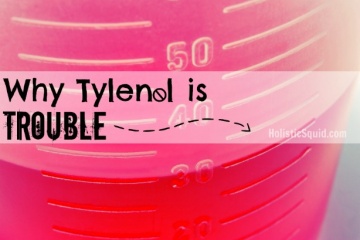
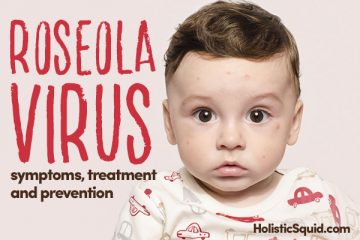
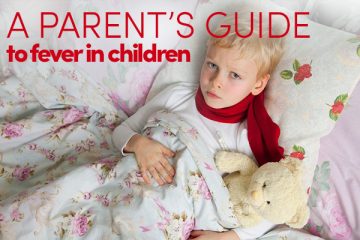
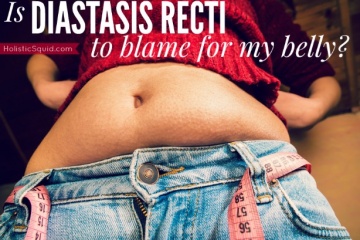
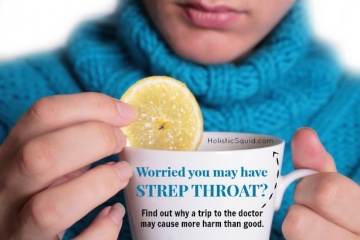

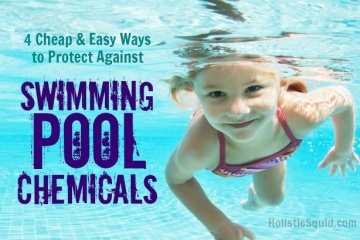

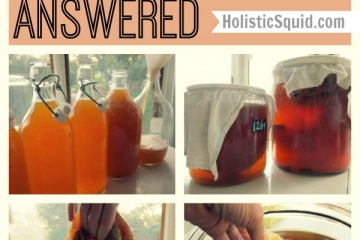
My son had RSV when he was a couple weeks old he ended up in Loma Linda hospital on breathing tubes and very ill. I was very blessed with the staff of the hospital who took care of him and i was veryblessed with the ronald mconald house and the staff they were just wonderful and a lot of help.
Have you ever heard of the Synagis shot for protecting high-risk babies from RSV? Our son was born five weeks early,last fall, with pulmonary hypertension (or so they call it anyways). He was in very critical condition for the first weeks of life having to be placed on ECMO for the first 6 days. Anyways, we were approached about having him get the Synagis shot because he was so high-risk. My husband and I went back and forth for days, asking for information, studies, ingredient lists, and so on as we were leery about it being a “shot” as we choose not to vaccinate. We ended up having him get it last year, and now we are told that he qualifies AGAIN this year. We are again on the fence. A few things that make us feel a little better about it: it is a VERY expensive (thousands of dollars) shot and one must be considered high-risk to get it…not like the easily accessible, pushed vaccines on every store window, it is preservative-free and it is given in 5 doses, once a month each month November through March (RSV season)…again, not like mainstream vaccines. Anyways, I thought I would just ask if you have ever heard of it and what your thoughts might be on it.
How do you administer the Antimonium Tartaricu Tablets for babies?
Hey Nicole,
The best way to give homeopathic remedies to babies is to mix it with breast milk and administer through an oral syringe.
Hyland’s tablets are another option – they immediately dissolve in baby’s mouth.
Emily xoxo